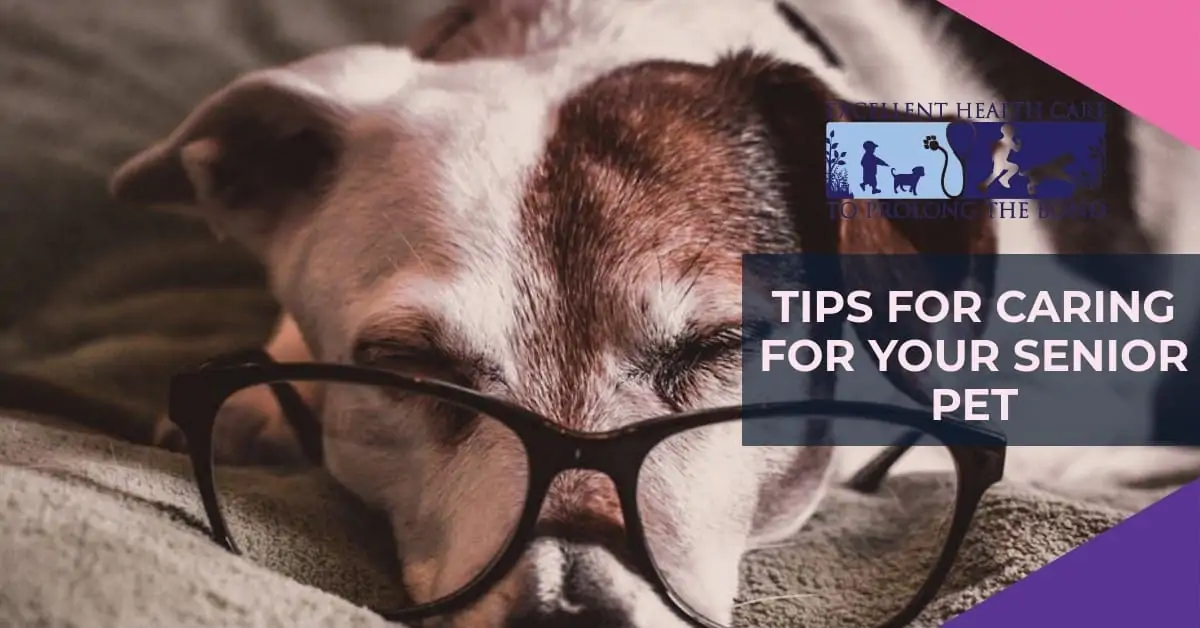
Watching our pet grow old can be comforting. At the same time, you need to keep be aware of the fact that your pet becomes vulnerable to several age related diseases. This is where you need to prepare yourself to invest some time and effort to give some additional care to your companion.
There are different factors that you can consider while taking care of your senior pet.
Plan a routine checkup
Planning a routine checkup is the first thing that you should organize for your senior companion. Always be on the lookout for signs of aging and health concerns like loss of appetite, weight loss or gain, excessive urination, lethargy and bleeding gums.
Communicate with your veterinarian during the checkup and provide him with information about all the health-related concerns that you suspect your companion has. Almost all the veterinary clinics offer special checkup for senior pets which includes a wellness overview, physical examination, and diagnostic tests. It is imperative to take your senior pet to a detailed checkup at least once a month.
Accustom with the changes
As a loving, caring and understanding pet owner, you need to understand that your companion no longer has the same surge of energy with which he used to tear around the yard. He might start to spend the majority of the time sleeping and can even be slow to stand up and walk.
Understand and adjust to such scenarios. For instance, if you are talking your pet out for a walk, try to be calm and composed instead of trying to rush him through it.
Keep them cozy
Older pets usually require warm conditions especially in the winter season, where they are vulnerable to concerns like arthritis and hypothermia.
Ensure that your companion has warm and clean bedding to sleep. You can also turn the heater on while you are indoors with the pet and monitor him to understand whether the temperature is of his liking.
Thing ahead
Taking care of a senior pet is a big responsibility. You need to foresee several factors to ensure that you do the job efficiently. Keep in touch with your local veterinarians and know who to call in case of an emergency. You can also ask plenty of questions to your vet regarding your pet’s routine and requirements.
Today, you also have different online communities that can help you learn about different tips to take care of senior pets via experienced pet parents. You can also try to procure information about special diet plans for your pet and health-related DIY tips like brushing and grooming him.
The boons of having a senior are multifold. To start with, they come trained and all they know and care about is to love you unconditionally. As a caring pet parent, it is your duty to ensure that your older companion is given the best time of his life, especially when he requires it the most.
